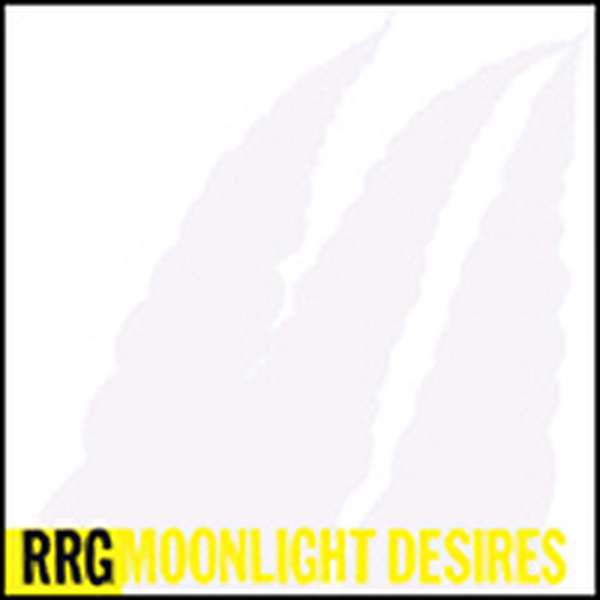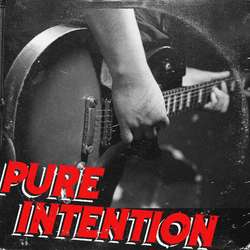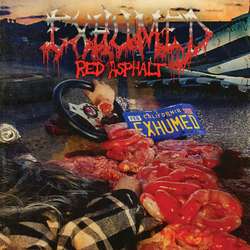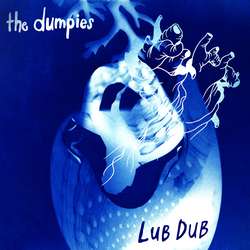Minimalist tendencies. Math-rock. Post-rock. All good things in proper doses. But can they be mixed to produce something great? Ah, well, there's the real question. Rockets Red Glare seems to think so. Judging by this record, I'd have to agree with them. Hailing from Ontario, the band were a strange exercise in restraint for the most part, always intriguing by being the one band that never got exceptionally loud in a scene full of bands that did nothing but crescendo. It managed to catch a few ears the first time around; the much-lauded Chicago quartet Sweep the Leg Johnny released the Montreal trio's first album in 2002 on their Sick Room Records label following a series of shows, showcasing the world Rockets Red Glare's minimalist-yet-jagged approach to creating music. By the tried and true method of saying "it sounds like ____ crossed with ____," you could manage to possibly come across the sound of the band by merging Joy Division with Slint, with a dash of June of 44 and Shellac thrown in as an aside, weirding things out just a bit for interest's sake.
And yeah, I agree, it seems like it wouldn't be able to work out all that well. Post-rock is known for layers and layers of noise, and minimalism is known for... well, pretty much the exact opposite. However, the band manages to fuse the two almost effortlessly, bleeding the two into each other. By taking the song structures of the former and inserting the musical works of the latter around them, the band has somehow stumbled upon a formula for greatness. For the most part, it's one guitar, one bass, one drum kit, all of which are played in the "individual" category. Each drum hit is heard clearly. Each bass pluck rings out. Notes are favored as opposed to chords on the guitar. Vocals are used sparingly, admittedly not the focus of the music by the band themselves. That the band manages to make each individual element contain such weight and power when they're played at a pretty breakneck tempo is a feat unto itself. When the time changes come into play, things get really chaotic, and that's when the greatness comes out.
While they're not playing post-rock at its purest, the band is better at it than most of their contemporaries when they choose to go into that mode. At the end of "Go Away Salt," the band launches into a loud section, which for them is cleanly strummed chords, shouted (but not screamed) vocals, cymbals and bass drum crashing, and a bass being banged on rhythmically. It's effective in ways greater than most bands are capable of creating, and in ways that most post-rock bands miss out on, the reasoning behind why there are so few good post-rock bands in the world as a whole. Rockets Red Glare understand that the crescendo is not the point of the song, rather, the song itself is the point of the song.
Taking this approach across the whole album, where each part of it is as important as every other part, one starts to catch the off-kilter, abrasive brilliance of the band which sometimes becomes visible. Notes and progressions and pieces of music that shouldn't be able to work together somehow lock perfectly. Very few parts repeat, and when they do, it's simply to build into another part, not out of concern for any technical form or structure, or to build into a gigantic burst of noise meant to blow you away. By exercising restraint and subtlety, the band manages to be far more captivating and effective than most other bands playing the same game. These two tools are their greatest assets, the keys they possess which few other bands in their league do. As such, it makes them the possessors of an incredibly powerful dynamic, one which it takes time and patience to master, and one which the band obviously had under their control, well enough to throw down six songs that work so well around each other. Unfortunately, this is the last we'll be hearing from Rockets Red Glare, as the band amicably split in late 2003.



